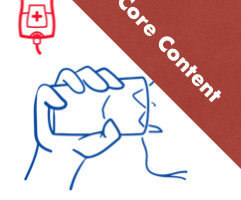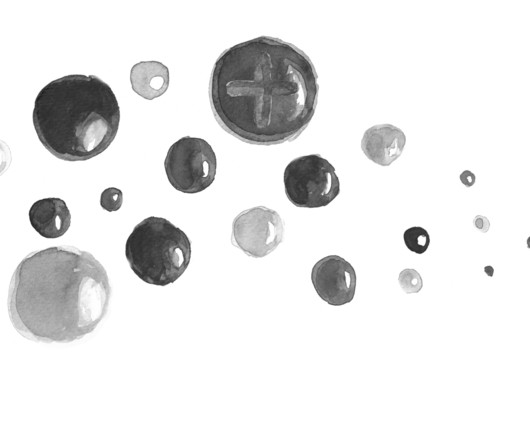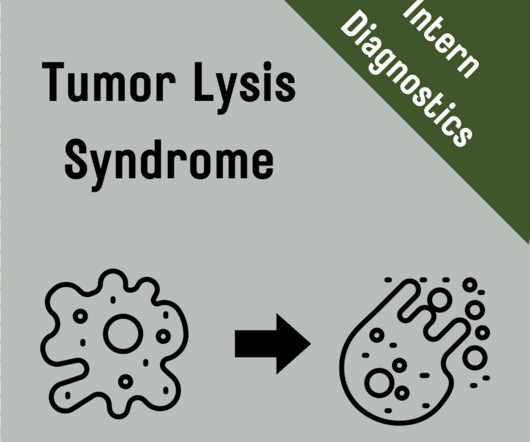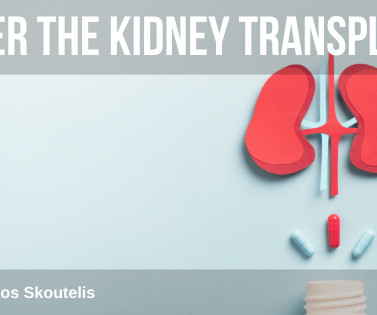But Can You Just PO?
Taming the SRU
DECEMBER 17, 2024
Other conditions that lead to intravascular fluid depletion include but are not limited to starvation/dehydration, vomiting, diarrhea, burns/trauma, hyperglycemia, and hemorrhage. There is substantial evidence that IV fluids can be beneficial in patients with sepsis complicated by hypotension and labor.


























Let's personalize your content